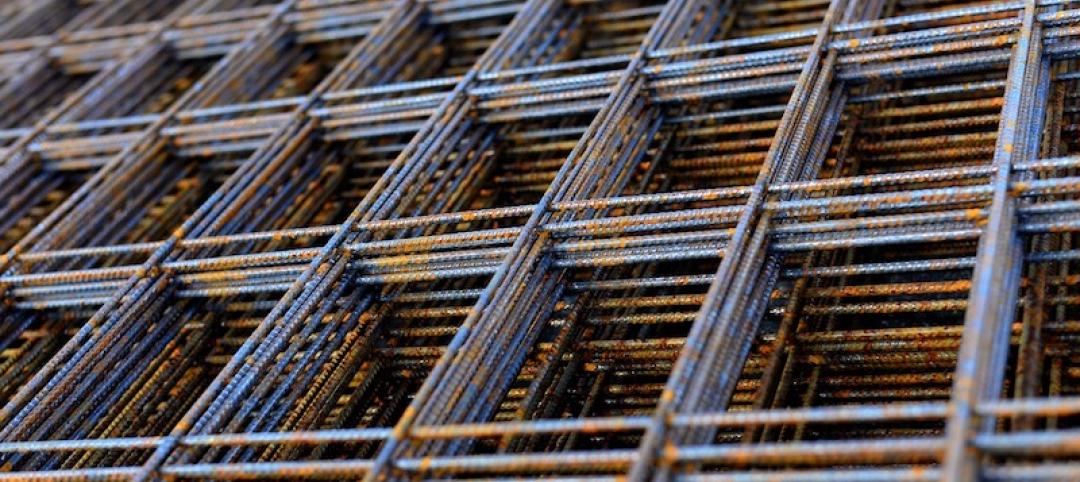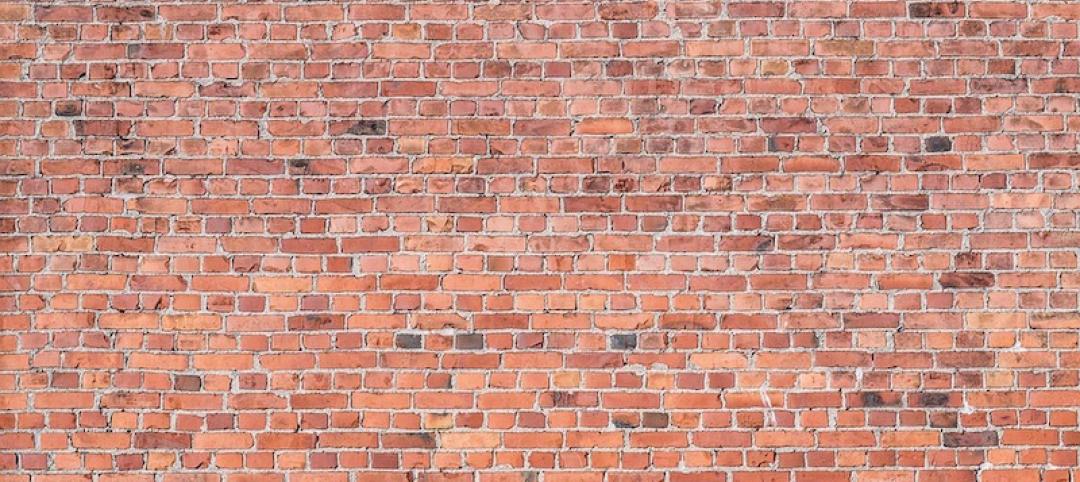A lack of metrics and associated data to establish current performance is holding back efforts to improve water and energy efficiency at sports venues, according to a new report from the National Institute of Building Sciences (NIBS).
More data is needed at both an individual venue level and across the building type, the report says. “Some venues do not have the tools, resources, or training to effectively manage and measure their performance, while those that have undertaken steps to improve do not have the data to compare themselves with their peers to determine if they are leading the pack or if there is still much more to be done,” it says.
NIBS, the Green SportsAlliance, and the Environmental Protection Agency are working to fill in the knowledge gap, but more data from arenas and stadiums is needed. Improving efficiency requires cooperation from operations and other departments,sponsors, vendors and concessionaires, government, utilities, allied organizations, leagues and conferences, management companies, designers,athletes, and fans, the report says.
The report recommends using financing mechanisms to improve access to capital. Technologies and practices of particular interest include lighting, renewable energy,refrigeration, occupant comfort, field maintenance (including irrigation, grow lights, and hydronics), plumbing, and metering, measurement, and verification tools.
Related Stories
Codes and Standards | Mar 22, 2019
Tool helps cities develop framework for life-cycle energy policies and track progress
Identifies policies, funding sources to address building energy use.
Codes and Standards | Mar 21, 2019
New York City contractors adding 5% to 10% to construction costs due to trade war
Tariffs on steel, aluminum, and other materials swell budgets.
Codes and Standards | Mar 20, 2019
Codes organizations to develop new guidelines on shipping containers as building components
Intl. Code Council and Modular Building Institute combine forces.
Codes and Standards | Mar 19, 2019
Plan for transformation of Lower Manhattan streetscapes unveiled
Pedestrian-friendly “Slow Streets” pilot starts on Earth Day 2019.
Codes and Standards | Mar 15, 2019
Newly developed building materials could have big impact on sustainability
Transparent wood, self-cooling walls, bricks that filter air pollutants among the technological breakthroughs.
Codes and Standards | Mar 14, 2019
U.S. and Canada differ on how to evaluate field performance of windows, curtain walls
Variations include laboratory test method for determining rate of air leakage.
Codes and Standards | Mar 13, 2019
Climate change can’t be stabilized without addressing urban sprawl
Even if power goes green, transportation will still be a major emissions source.
Codes and Standards | Mar 12, 2019
Virginia county hones new rainwater harvesting standard
Developer prompts new rules to use rainwater for heating and air conditioning.
Codes and Standards | Mar 8, 2019
Portland delays requirement for posted warnings on unreinforced brick and stone buildings
Regulation would mandate signs warning that buildings could be unsafe during earthquakes.
Codes and Standards | Mar 7, 2019
California will allow flame retardant-free building insulation
State also repeals business furniture flammability standard.

















